South Africa Business Visa
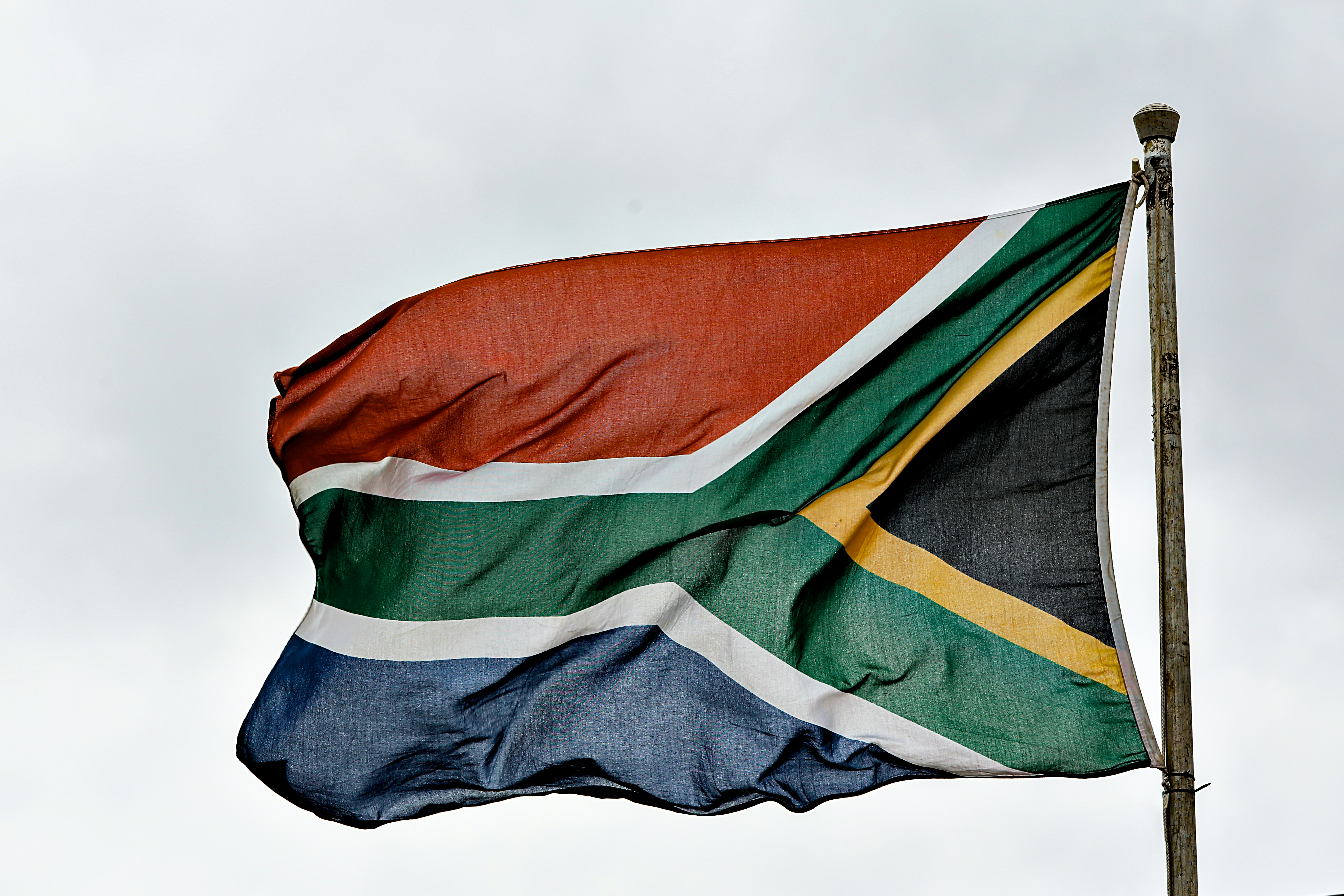
Quick Visa Facts
Visa length Up to 3 years
Possible to extend? Yes, subject to continued compliance with visa conditions and business performance
Who can apply? Foreign nationals intending to establish or invest in a business in South Africa and meet investment and job creation criteria
Minimum Income Requirements Minimum investment of ZAR 5 million (approximately USD $275,000); no specific personal income threshold, but proof of financial self-sufficiency is required
Time for visa applications Generally 8 to 12 weeks, depending on application completeness and processing center workload
Want to know if you can apply?
Complete a visa quiz and see if you qualify!
Thinking of starting a business in South Africa? Here’s what you need to know!
South Africa offers one of the most attractive business landscapes on the African continent, and if you're a foreign national looking to invest or start a company here, the South Africa Business Visa could be your gateway. Whether you’re launching a new venture or joining an existing one, this visa allows you to live in South Africa while actively running your business.
In this guide, we’ll walk you through everything you need to know, from minimum investment requirements to job creation rules, the application process, required documents, and more.

South Africa Business Visa Overview
The South African Business Visa, officially known as the Temporary Residence Visa – Section 15: Business Visa, is designed for foreign nationals who want to invest in or start a business in South Africa and take an active role in its day-to-day operations.
This visa came into effect under the Immigration Act No. 13 of 2002, with the current framework and application process managed by the Department of Home Affairs (DHA). It supports both new business ventures and investments in existing companies, as long as they contribute to the local economy and meet South Africa’s specific requirements.
Who Is It For?
The South Africa Business Visa is ideal for:
Entrepreneurs planning to start a new business in South Africa.
Foreign investors looking to buy into an existing South African company.
Business owners seeking to expand operations into the South African market.
Individuals with significant capital who wish to actively manage their investment within the country.
Applicants must be willing to make a minimum capital investment, employ South African citizens or permanent residents, and operate a legitimate, compliant business.
What Does It Allow You to Do?
This visa grants the holder temporary residence in South Africa for the purpose of business. Specifically, it allows you to:
Live in South Africa for up to 3 years, with the option to renew.
Start, invest in, or purchase a business in South Africa.
Work full time in the business you own or manage.
Apply for permanent residency later, if you meet all long-term criteria.
Bring eligible dependents, including a spouse or children, under accompanying visas.

South Africa Business Visa Requirements
To apply for the South Africa Business Visa, applicants must prepare a full set of documents as outlined by the Department of Home Affairs and South African diplomatic missions abroad. Below is a breakdown of the general and special requirements.
Applicants must submit the following standard documents:
A completed DHA-1738 application form.
A valid passport (valid for at least 30 days after the intended departure from South Africa, with at least 2 blank pages)
Two passport-sized color photographs (recent and meeting biometric standards)
Proof of payment of the visa application fee.
A police clearance certificate from each country where the applicant has lived for more than 12 months since the age of 18.
A medical certificate (Form BI-811)
A radiological report (Form BI-806) unless exempt (e.g., children under 12 or pregnant applicants)
A yellow fever vaccination certificate, if the applicant has traveled through or is arriving from a yellow fever endemic area.
Proof of accommodation or address in South Africa.
A signed letter of intent describing the nature and operations of the business.
Proof of Financial Self-Sufficiency
While South Africa does not specify an exact minimum amount that applicants must show to prove financial self-sufficiency, you are still required to demonstrate that you can support yourself (and any dependents) during your stay without becoming a burden on the state.
Applicants are encouraged to submit:
Certified bank statements for the past 3–6 months.
Proof of income (e.g., pay slips, business profits, rental income)
Financial declarations from a certified accountant, especially if your income is tied to your business.
Proof of savings or liquid assets.
Although there’s no exact figure required by the Department of Home Affairs, immigration experts and past applicants generally recommend showing:
At least ZAR 3,000 to ZAR 8,500 per month (approximately USD $165 to $465 per month) of intended stay.
Or a total account balance of ZAR 50,000 or more (around USD $2,750 or more)
Note: These figures are unofficial but widely accepted by South African consulates and visa centers. The focus is on demonstrating steady, sufficient access to personal funds, not just a one-time deposit.
Accountant’s Letter Confirming Investment Capital
An essential requirement is a formal letter from a South African registered chartered accountant confirming that the applicant has the required minimum investment capital, typically ZAR 5 million (approximately USD $275,000), or a reduced amount if a capital waiver is granted.
This letter should specify:
The exact amount of available capital.
Confirmation that the funds are intended for investment in a South African business.
Private Health Insurance
Applicants are required to have valid private medical cover for the duration of their stay in South Africa. The health insurance policy must:
Be valid within South Africa.
Cover essential medical care.
Be issued by a reputable provider.
Proof of this coverage must be submitted with the application. Travel insurance is not accepted; it must be long-term residency health insurance. You can find our recommendations for the best health insurance plans for digital nomads here.
Letter of Recommendation from the DTIC
Before applying for the visa, applicants must obtain a Letter of Recommendation from the Department of Trade, Industry and Competition (DTIC) confirming:
The business is viable and beneficial to the South African economy.
The business will employ at least 60% South African citizens or permanent residents.
This step is mandatory and must be completed before lodging your visa application.
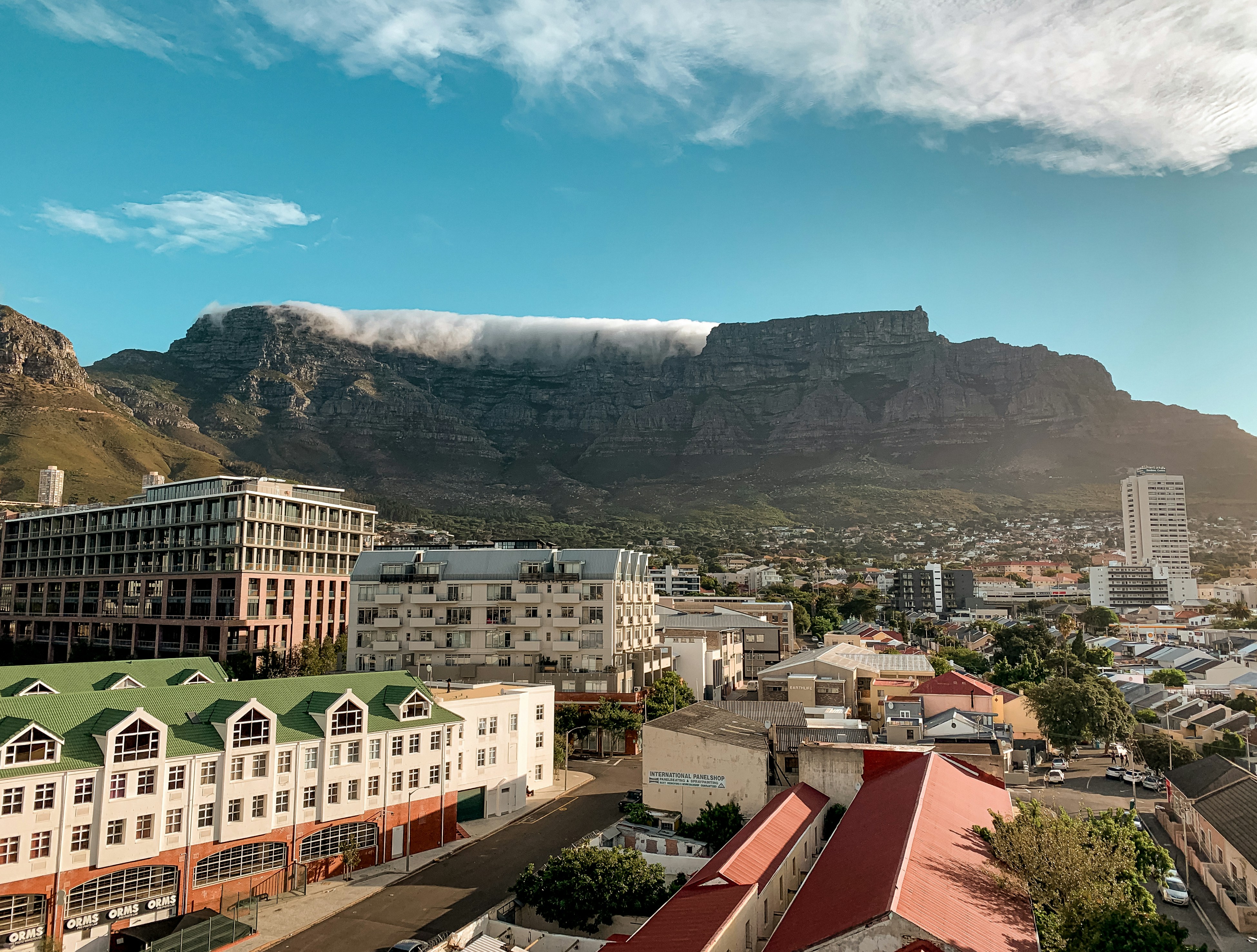
How to Apply for the South Africa Business Visa – Step-by-Step Instructions
Applying for the South Africa Business Visa involves a detailed, multi-stage process. You'll need to secure specific approvals, prepare your documentation carefully, and submit your application through the correct channels. Here’s how to do it step by step:
Step 1: Develop a Solid Business Plan
Before anything else, prepare a comprehensive business plan that outlines:
The type of business you’ll operate in South Africa.
Financial projections.
Target market.
Staffing structure.
Long-term goals.
This business plan will be required when seeking government approvals and must demonstrate economic viability and alignment with South Africa’s development goals.
Step 2: Apply for a DTIC Recommendation Letter
You must obtain a Letter of Recommendation from the Department of Trade, Industry and Competition (DTIC). This letter confirms that your business:
Will benefit the South African economy.
Will employ at least 60% South African citizens or permanent residents.
To request this letter, submit your business plan and supporting documents to the DTIC. This step can take 4 to 6 weeks, so start early.
Step 3: Gather All Required Documents
Once your DTIC letter is issued, prepare your full visa application. This includes all the standard and special requirements we listed earlier, such as your application form, police clearances, medical reports, and proof of funds. Be sure all documents are:
Current and complete.
Certified or officially translated, where necessary.
Aligned with the latest guidance from the Department of Home Affairs.
Step 4: Apply for a Capital Investment Waiver (If Applicable)
If your business falls within a priority sector, you may be eligible for a capital investment waiver, allowing you to invest less than the standard ZAR 5 million (approximately USD $275,000). This waiver request is submitted to the Department of Home Affairs, supported by your DTIC recommendation.
Note: Waiver applications are reviewed on a case-by-case basis and can take several months to process, so apply early.
Step 5: Submit Your Application Abroad
Once everything is ready, lodge your visa application:
Outside South Africa: Submit your application at your nearest South African embassy, consulate, or VFS Global office.
Inside South Africa: In most cases, you must apply from your home country or usual country of residence. Changing status from within South Africa is typically not permitted.
Step 6: Await a Decision
Visa processing times typically range from 8 to 12 weeks, but this can vary depending on the complexity of your application and the volume of submissions at your chosen mission.
Once approved, your visa will be issued for up to 3 years, with the option to renew if your business remains compliant.

How Much Does the South Africa Business Visa Cost?
The fees associated with applying for the South Africa Business Visa include several components. It’s important to budget for all these costs to avoid surprises during your application process.
Visa Application Fee: The Department of Home Affairs charges a standard application fee of approximately ZAR 3,720 (around USD $205). This fee is payable at the time of submitting your application and is generally non-refundable, even if your visa is refused.
Biometric Fee: Some applicants may be required to pay an additional biometric collection fee, typically around ZAR 300 to ZAR 500 (approximately USD $16 to $28), depending on the application center.
Medical and Radiological Examination Fees: You must undergo a medical and radiological examination by an approved panel physician. These costs can range from ZAR 1,500 to ZAR 3,000 (about USD $83 to $165) depending on the provider and location.
Police Clearance Certificates: Depending on your travel history, police clearance certificates may be required from each country you have lived in for more than 12 months. Fees vary by country but usually range between USD $20 and $50 per certificate.
DTIC Letter Processing: While there is no direct fee charged by the Department of Trade, Industry and Competition for the recommendation letter, you might incur costs related to preparing your business plan, consulting services, or expedited processing. If you choose to use private agencies.
Legal or Advisory Fees: Many applicants choose to hire immigration consultants or lawyers to assist with the process. These fees vary widely depending on the service provider and complexity of your case.
Remember, these costs are estimates and can vary by location, exchange rates, and service providers. It’s always a good idea to check the latest fee schedule on the official Department of Home Affairs website or at the visa application center where you plan to submit your documents.
Taxes for People With a South Africa Business Visa
If you hold a South Africa Business Visa, understanding your tax obligations is essential for staying compliant with South African law and managing your business effectively.
As a visa holder conducting business in South Africa, you will generally be considered a tax resident if you meet the residency requirements defined by the South African Revenue Service (SARS). Tax residency is usually established if you spend more than 91 days in South Africa during the current tax year and more than 915 days over the previous five years.
As a tax resident, you are subject to South African income tax on your worldwide income, which includes revenue from your business activities both inside and outside South Africa. Non-residents are taxed only on income sourced within South Africa.
Your business income must be reported to SARS, and you will need to comply with:
Income Tax: Businesses typically pay corporate income tax, which is currently set at a rate of 28% for companies. Sole proprietors and partnerships pay tax at personal income tax rates.
Value-Added Tax (VAT): If your business exceeds the VAT registration threshold (currently ZAR 1 million annual turnover), you must register for VAT and charge VAT on taxable goods and services.
Payroll Taxes: If you employ staff, you are responsible for deducting Pay-As-You-Earn (PAYE) tax, Unemployment Insurance Fund (UIF) contributions, and Skills Development Levy (SDL) payments.
Capital Gains Tax: If you sell business assets or property, capital gains tax may apply on the profit made.
It’s important to maintain accurate financial records and consult with a qualified South African tax professional to ensure you meet all tax filing and payment deadlines. Proper tax compliance not only helps you avoid penalties but also strengthens your business’s credibility in South Africa.
Living in South Africa with the Business Visa
Living in South Africa on a Business Visa offers a unique opportunity to immerse yourself in one of Africa’s most dynamic and diverse economies. Whether you’re setting up a new enterprise or expanding an existing business, this visa grants you the freedom to live, work, and contribute to South Africa’s vibrant commercial landscape. The country boasts a rich cultural heritage, stunning natural beauty, and a relatively low cost of living compared to many global business hubs, making it an attractive destination for entrepreneurs and investors alike.
Beyond the professional advantages, South Africa offers a warm and welcoming lifestyle with access to world-class amenities, excellent healthcare facilities, and a growing network of international schools and business communities. While navigating local customs and regulations can require some adjustment, many visa holders find the blend of opportunity and quality of life rewarding. Living here also means enjoying outdoor activities like safaris, hiking, and coastal experiences, all within reach of major cities such as Johannesburg, Cape Town, and Durban.
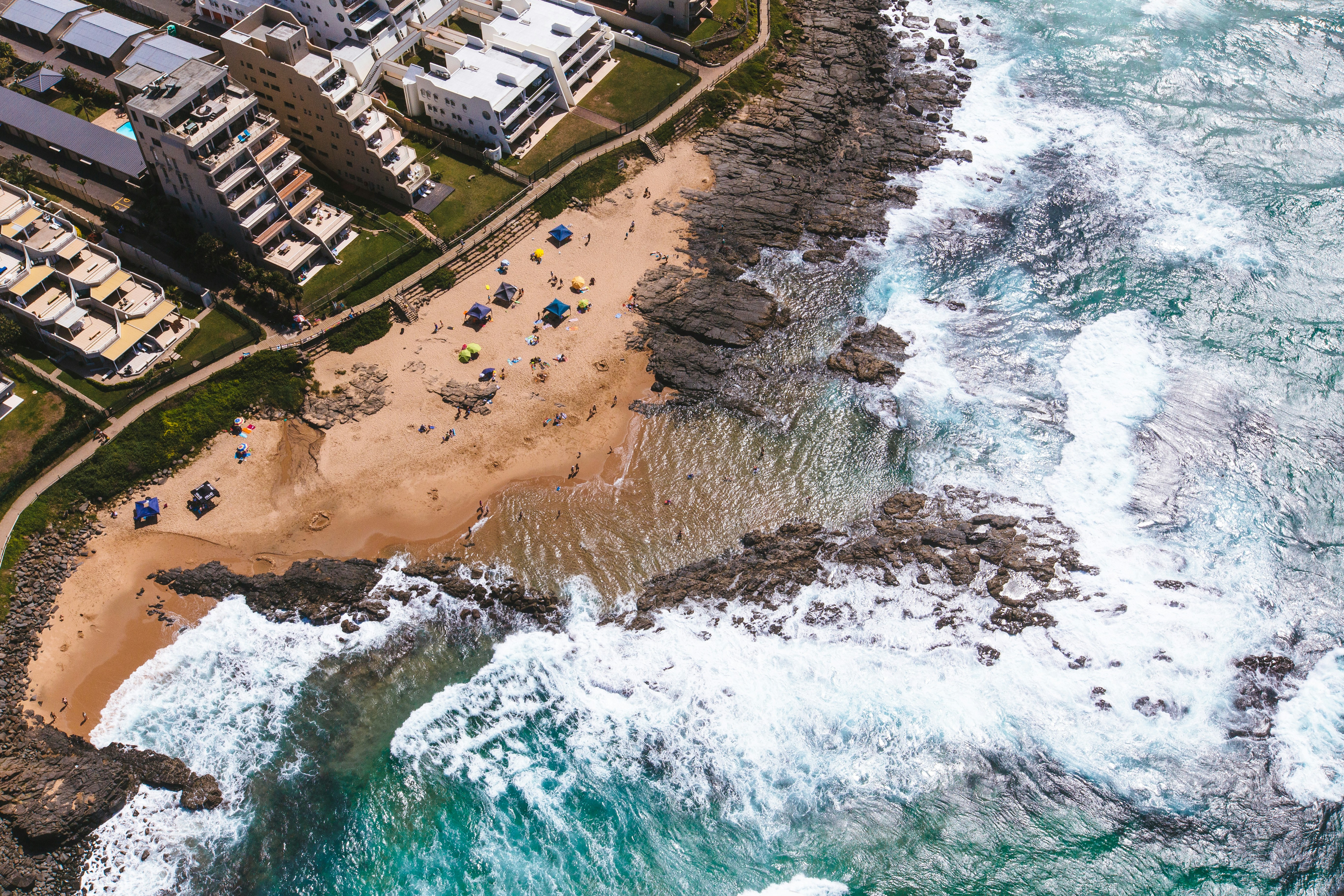
Best Cities to Live in South Africa
South Africa offers a variety of vibrant cities that cater to different lifestyles, making it easier for business visa holders to find a place that suits their needs.
Johannesburg
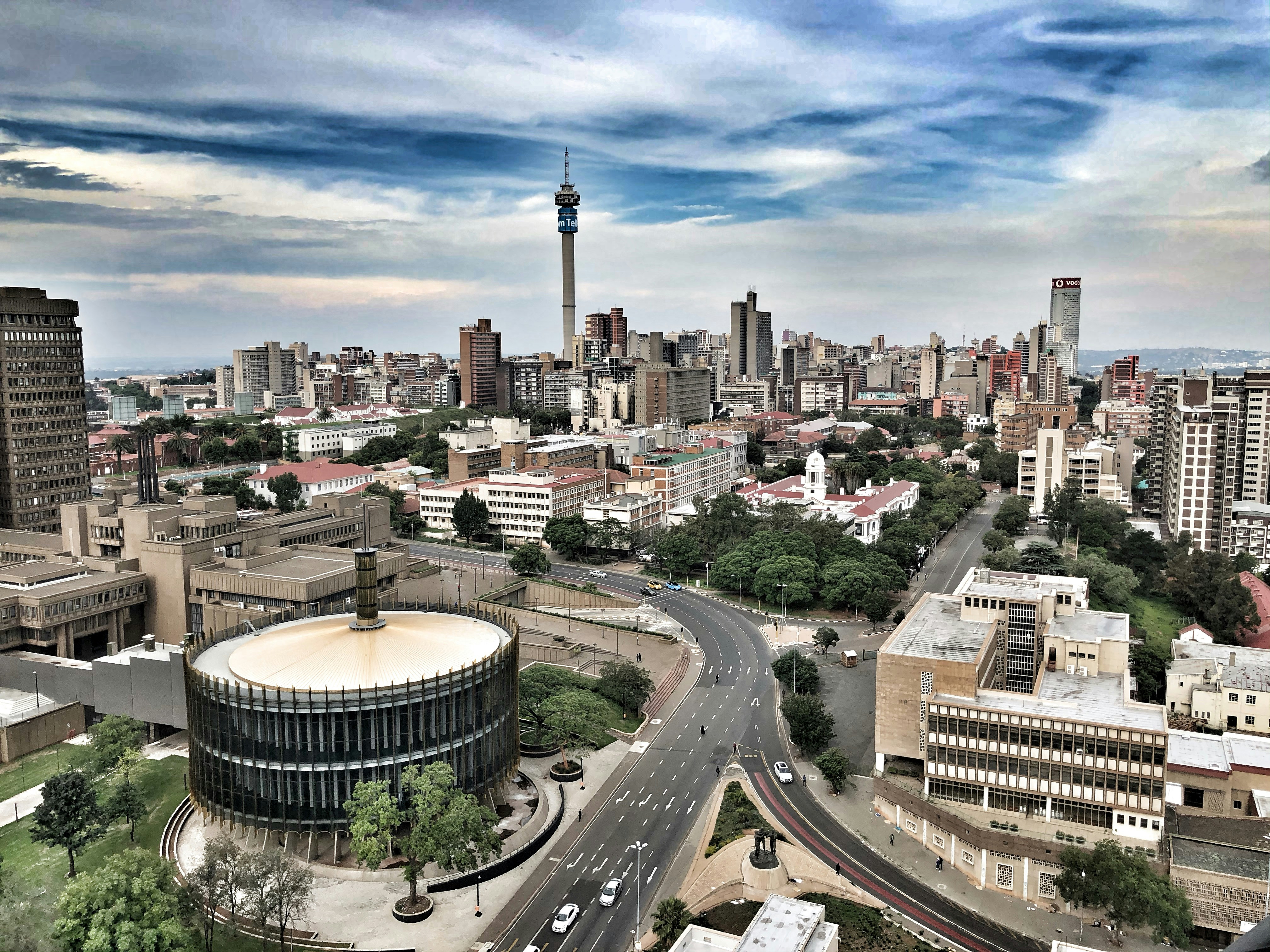
Known as the economic powerhouse of South Africa, Johannesburg is the country’s largest city and the heart of its business activity. With a bustling financial district, numerous multinational corporations, and excellent infrastructure, Johannesburg is ideal for entrepreneurs and investors looking to tap into major markets. The city also offers diverse cultural experiences, dynamic nightlife, and easy access to top universities and healthcare facilities.
Cape Town
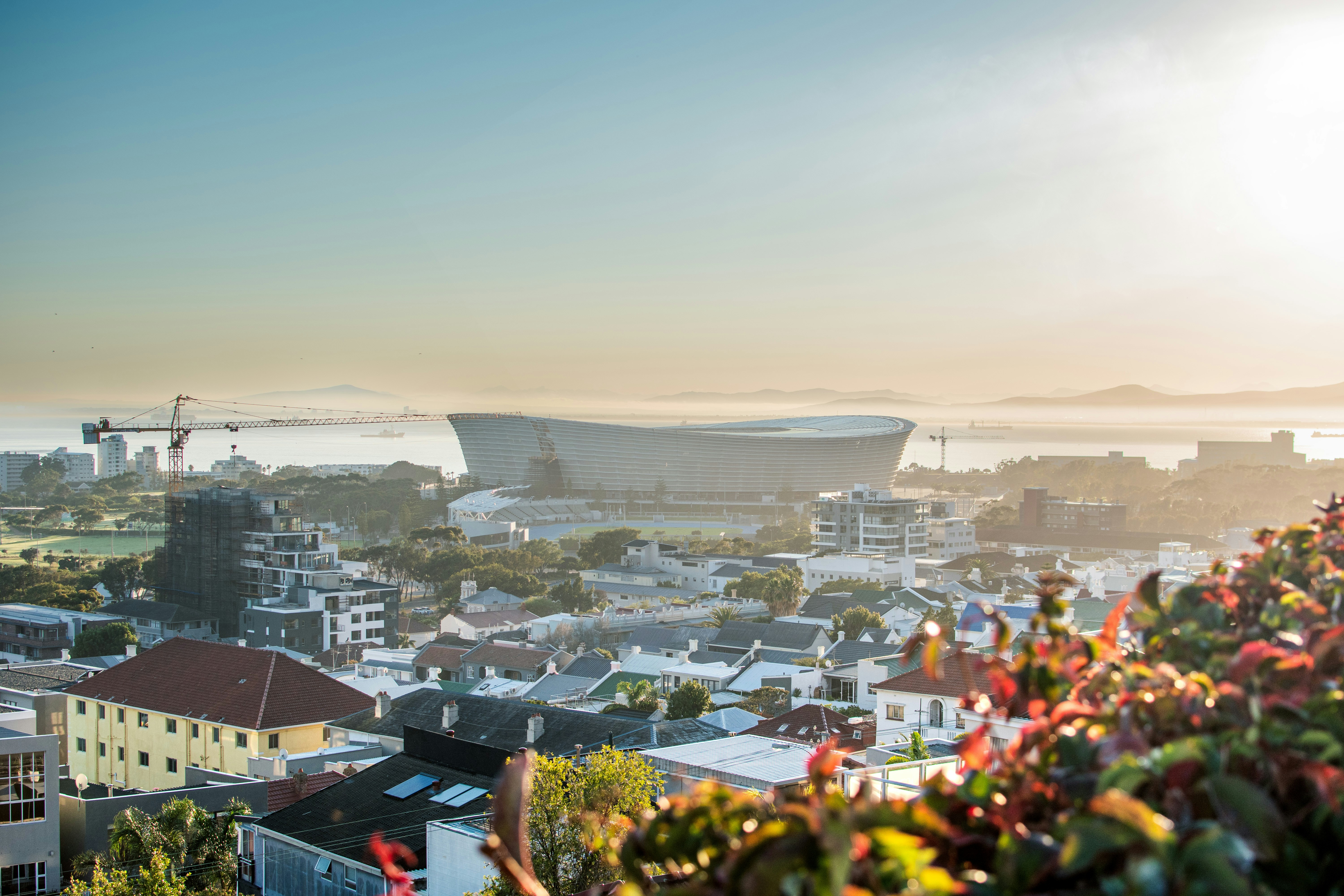
Famous for its breathtaking landscapes, Cape Town combines natural beauty with a thriving business environment. The city attracts professionals who value a high quality of life alongside career opportunities. Cape Town’s tech and creative sectors are rapidly growing, supported by a vibrant startup scene. Residents enjoy outdoor activities such as hiking Table Mountain, visiting the nearby winelands, and relaxing on its picturesque beaches.
Durban
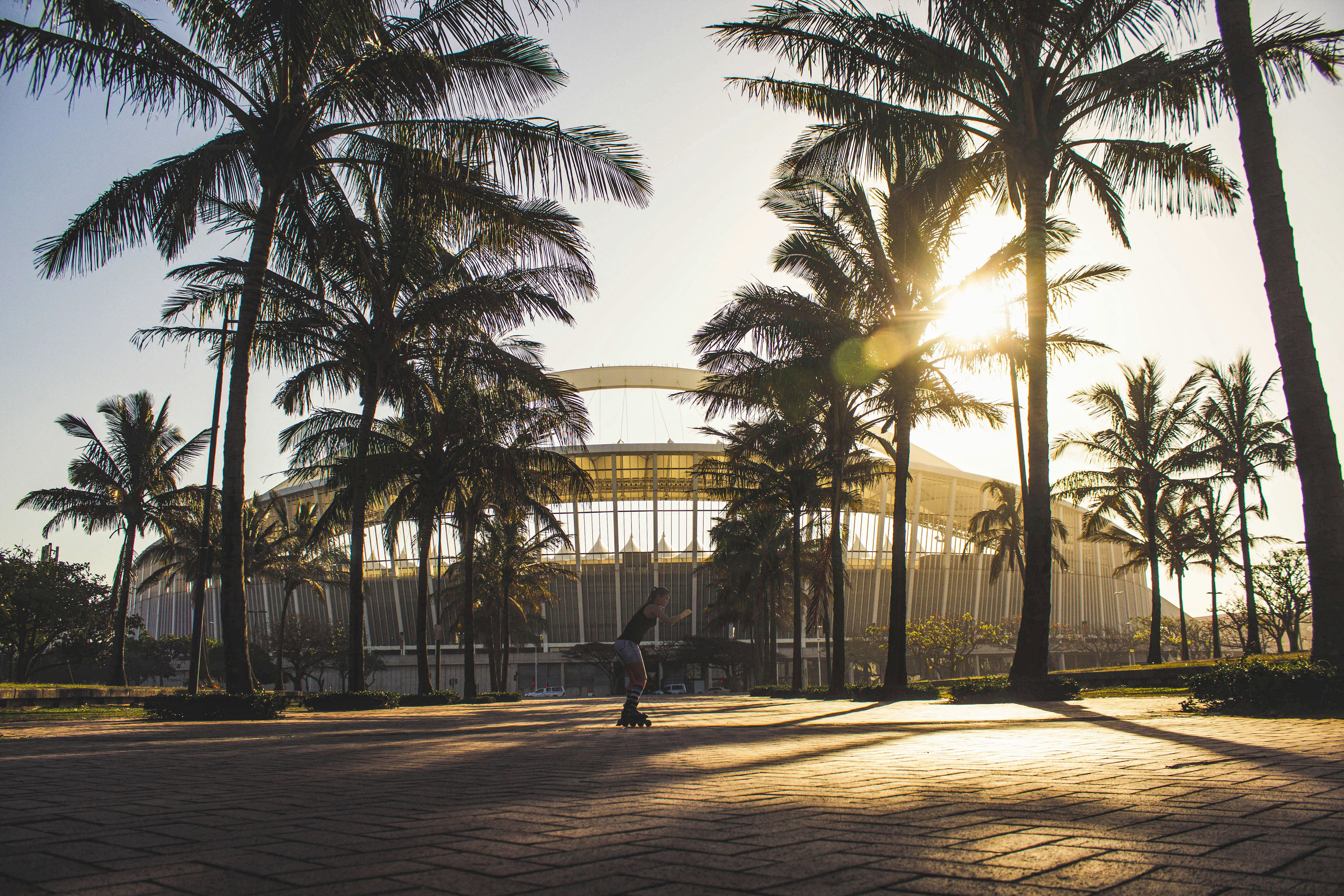
Durban stands out for its subtropical climate and strategic coastal location, making it a key hub for trade and logistics. The city’s port is one of the busiest in Africa, and its economy benefits from industries such as manufacturing, tourism, and agriculture. Durban offers a more relaxed lifestyle, with beautiful beaches and a diverse cultural mix, making it a great choice for families and businesspeople seeking balance between work and leisure.
Cost of Living
The official currency of South Africa is the South African rand (ZAR). 1 ZAR = approximately USD $0.0524
The average net monthly salary in South Africa is around R 18,098, which equates to approximately USD $948 .
Here’s a rundown of what you should expect to pay in different cities:
Johannesburg
Rent (1 bedroom in city centre): $412 per month
Rent (3 bedrooms outside city centre): $657 per month
Basic Utilities: $72 per month
Wi‑Fi (60 Mbps unlimited): $39–44 per month
Public Transport (one‑way ticket): $1.62
Groceries (2 people): $250–500 per month
Cape Town
Rent (1 bedroom in city centre): $774 per month
Rent (3 bedrooms outside city centre): $996 per month
Basic Utilities: $96 per month
Wi‑Fi (60 Mbps unlimited): $42 per month
Public Transport (one‑way ticket): $1.10
Groceries (2 people): $300–600 per month
Durban
Rent (1 bedroom in city centre): $347 per month
Rent (3 bedrooms outside city centre): $550 per month
Basic Utilities: $136 per month
Wi‑Fi (60 Mbps unlimited): $36 per month
Public Transport (one‑way ticket): $1.66
Groceries (2 people): $320–640 per month
FAQs
How long does it take to process a South Africa Business Visa?
Processing times typically range from 8 to 12 weeks, but can vary depending on the completeness of your application and the volume of submissions at the visa office.
Can I include my family members on my Business Visa application?
Yes, your spouse and dependent children under 18 can apply as dependents and live with you in South Africa under the same visa, provided you meet the financial and other requirements.
Is it possible to renew the South Africa Business Visa?
Yes, the Business Visa can be renewed upon expiry, as long as your business continues to meet the visa conditions, including maintaining the minimum investment and job creation requirements.
Do I need to be physically present in South Africa to apply for the Business Visa?
No, you must apply from outside South Africa, typically at the nearest South African embassy, consulate, or VFS center in your country of residence. In-country visa status changes are generally not permitted.
What is the minimum investment amount required for the Business Visa?
The standard minimum investment is ZAR 5 million (approximately USD $275,000). However, certain sectors may qualify for a capital investment waiver that reduces this amount.
Can I get help applying for the South Africa Business Visa?
If you need help applying for a visa, you can talk to Citizen Remote. Get specific advice from one of our experts, or outsource the entire application to our team.
Author
Nadia Dardón is a content creator from Guatemala. She has worked fully remotely for the past six years as a copywriter, editor, and content creator, working for different industries. She started her digital nomad journey in 2022 and currently lives as an expat in Spain.
